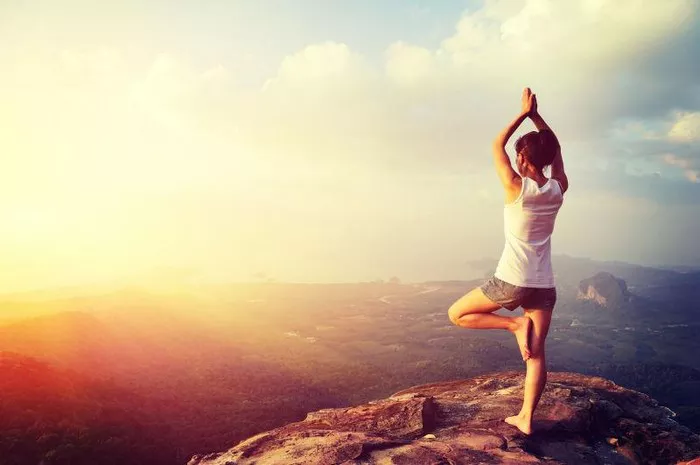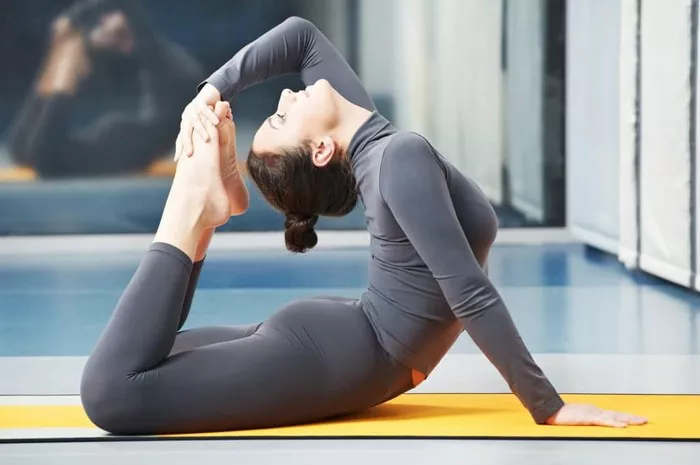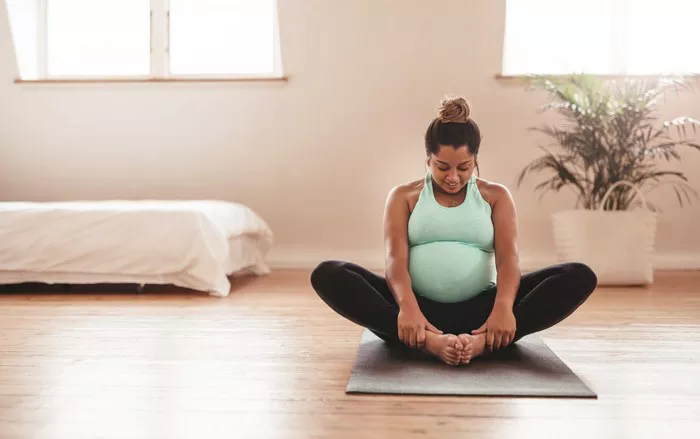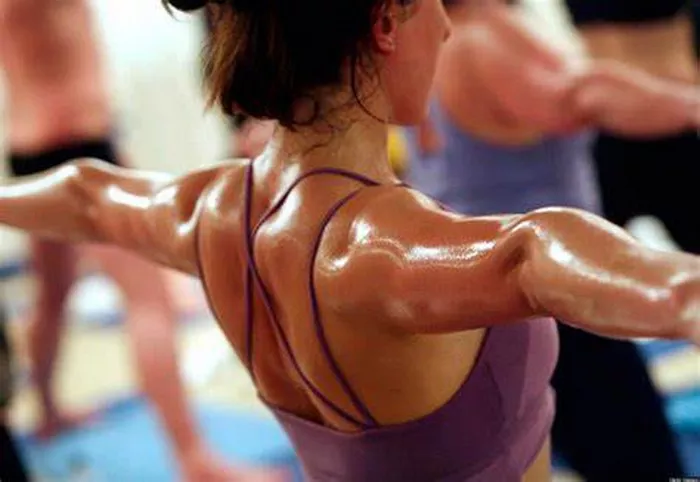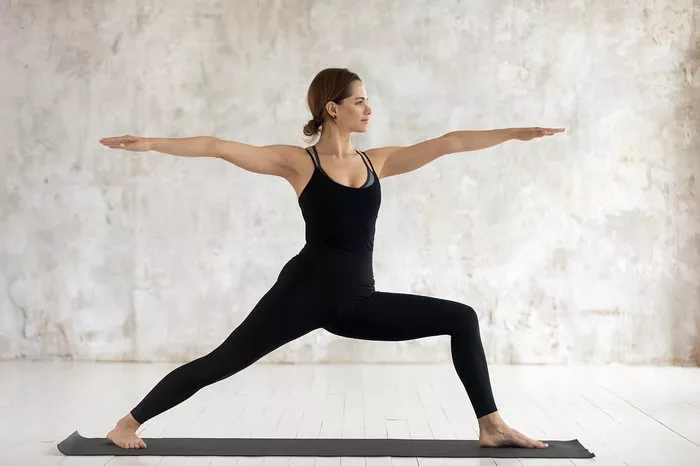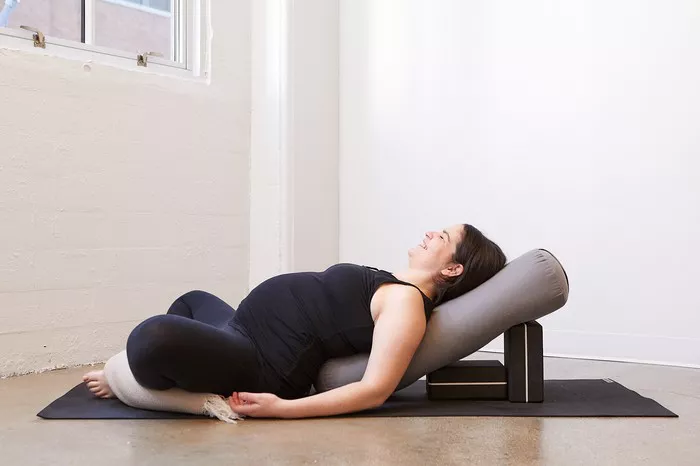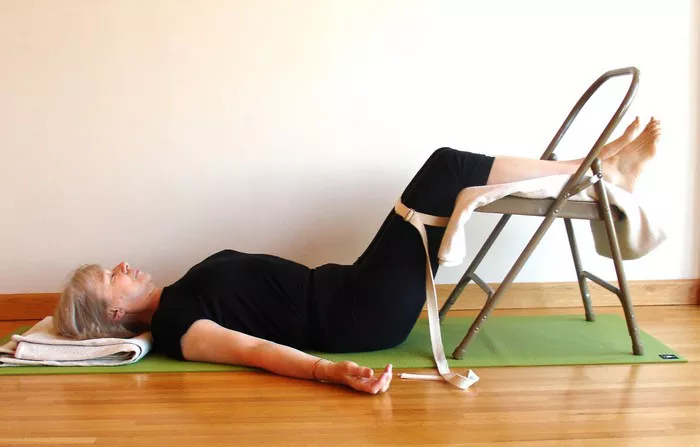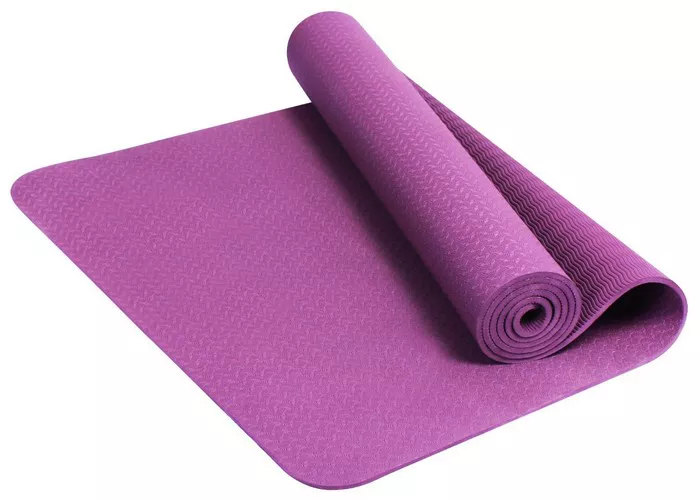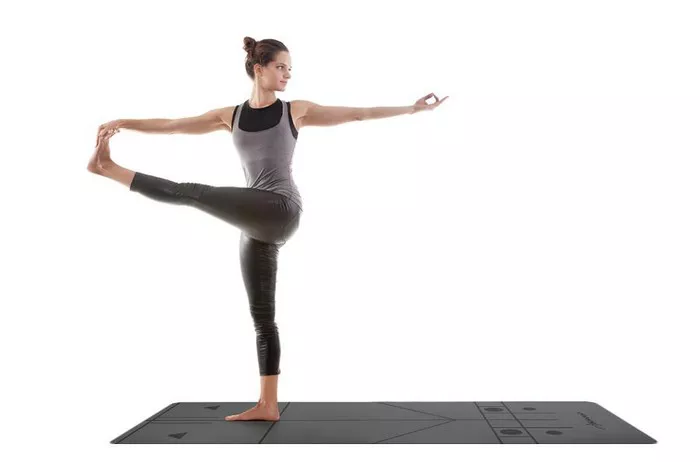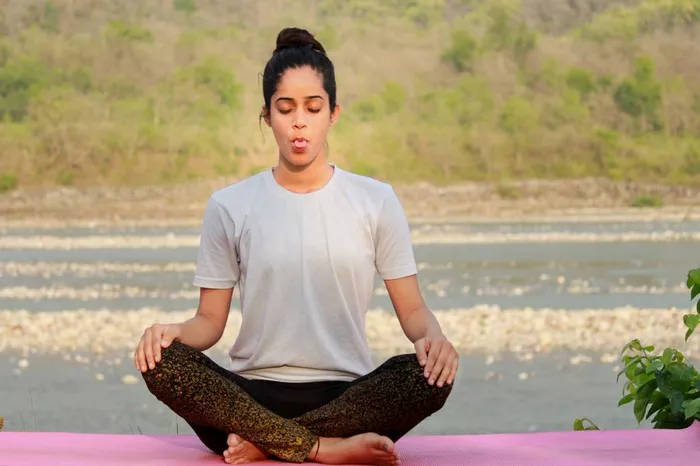Yoga is an ancient practice that has been celebrated for thousands of years for its physical, mental, and spiritual benefits. Its calming and transformative effects can be felt long after the final pose has been completed, making it an integral part of many people’s daily routines. However, one common mistake that many practitioners make is jumping straight into the shower immediately after a session. In this article, we’ll explore the reasons why showering immediately after yoga may not be the best idea and how you can enhance your yoga practice by waiting for the right time to cleanse yourself.
The Physical Impact of Yoga on the Body
To understand why showering directly after yoga is not recommended, we must first look at how yoga affects the body. During a typical yoga practice, several changes take place in the body that are crucial for the practice’s health benefits:
Increased Heart Rate: Yoga involves a variety of postures that challenge both strength and flexibility. Depending on the style of yoga (e.g., vinyasa, ashtanga, or power yoga), your heart rate increases significantly. This elevated heart rate supports circulation, improving oxygen delivery to muscles and encouraging detoxification. If you shower too soon, you might disrupt your body’s natural cooling process, which is crucial for balancing the body’s internal state after physical activity.
Heat and Sweating: Yoga can produce a considerable amount of sweat, especially in practices like Bikram or hot yoga. Sweating is the body’s natural way of cooling itself down and releasing toxins. When you shower immediately after, you may wash away the benefits of this natural detox process. Sweat contains various waste products such as lactic acid, urea, and excess salts, which are the by-products of metabolic processes. Allowing your body to gradually cool down instead of washing this sweat off prematurely enhances the natural detoxification process and helps your body reset properly.
Muscle Relaxation: During yoga, the muscles go through stretches, contractions, and various dynamic movements. This causes a release of tension, helping to increase blood flow and oxygenate tissues. The relaxation of muscles and the nervous system in postures like Savasana is a result of deep physical and mental relaxation. Showering right away may interfere with this process by abruptly stimulating your nervous system, preventing you from fully experiencing the therapeutic effects of your practice.
The Energy Flow: Yoga’s Spiritual and Mental Effects
Yoga is not only about physical exercise; it also deeply impacts our mental and emotional well-being. One of the core philosophies of yoga revolves around prana (life force or energy). According to yoga philosophy, prana is the energy that flows through the body, especially in the subtle body, and connects the mind, body, and spirit.
Chilling Your Energy: Immediately after completing a yoga session, especially after intense asanas or deep stretches, your body’s energy is at its peak. You’ve worked to open energy pathways and bring balance into your system. A shower might disrupt this delicate energy flow, particularly if you take a hot or cold shower right after the practice. Cold water can shock the system and restrict prana, while hot water might counteract the cool, balanced state your body seeks post-practice. Instead, it’s better to allow the energy flow to settle and allow your body to stabilize in the natural, post-yoga calmness.
Grounding and Centering: Many yoga practices end with a series of seated meditation or a lying down pose such as Savasana, which helps the practitioner relax and integrate the benefits of the practice. This period allows both the body and the mind to settle into a meditative state and is an essential part of the yoga experience. Showering immediately afterward can take you out of this serene state, leaving your mind and body ungrounded. Waiting a while before showering gives you the time to reflect on your practice and to deepen the sense of awareness you cultivated during the session.
Mental Clarity: Yoga is often seen as a tool for cultivating mindfulness. The moment of relaxation after a yoga session, whether it’s in Savasana or during seated meditation, helps to clear the mind. This moment of stillness allows for deeper awareness, mental clarity, and emotional balance. If you hurry into a shower, you might interrupt this clarity and carry the stress of your daily life back into your mental space.
The Impact on the Skin
Yoga, particularly hot yoga, induces sweating, which, as mentioned, helps the body release toxins. Sweat also opens up your pores, allowing your skin to breathe and eliminate waste. While it’s essential to clean your body eventually, the timing of this shower matters.
Protecting Your Pores: After a session of intense sweating, your pores are open, and the circulation is increased to the skin. If you take a shower too quickly, especially with harsh soaps or hot water, you could close the pores too soon, preventing your skin from fully breathing and detoxifying. A warm, soothing shower after allowing your body to cool down can help cleanse the skin without shocking it, and it gives your pores the chance to release toxins more effectively.
Skin Sensitivity: Post-yoga, your skin is often in a sensitive state. The skin’s surface may be mildly irritated or inflamed due to the intense stretching, sweating, or use of props. A hot shower or harsh exfoliation right after yoga can exacerbate any inflammation, dryness, or redness. By giving yourself time after yoga, your skin can naturally return to its calm state before you expose it to external elements such as temperature changes or chemicals in the water.
What Should You Do Instead of Showering Immediately?
Now that we understand why it’s not ideal to shower right after yoga, let’s look at the steps you can take to ensure that you complete your practice in the best way possible:
Cool Down Slowly: After finishing your practice, take a few minutes to cool down. Practice some gentle stretching or hold a few restorative poses to help the body relax and normalize. This is particularly important for reducing heart rate and stabilizing the nervous system.
Hydrate: During a yoga session, especially an intense one, your body loses fluids through sweat. Hydrating after your session is essential to replenish lost fluids and support your body’s detoxification process. Drink plenty of water or natural juices to restore lost electrolytes.
Rest and Meditate: Take time to rest and reflect on your practice. A few minutes in meditation or simply lying down in Savasana can help you absorb the benefits of your practice and bring your mind to a state of peaceful awareness.
Wait for the Right Moment: After you’ve given yourself the necessary time to cool down, you can take a shower. A lukewarm or cool shower will help close your pores gradually without causing the sudden temperature shock that could affect your energy flow. Use gentle, natural cleansers to avoid stripping your skin of its natural oils.
Dress Comfortably: After the shower, wear loose, comfortable clothing to help maintain the relaxed state your body is in. Tight or restrictive clothes can negate some of the benefits of the practice by creating unnecessary pressure on the body.
Conclusion
Yoga is a practice that goes beyond just physical movements and stretches—it’s a holistic discipline that involves careful consideration of the body, mind, and spirit. Showering immediately after yoga may not allow you to fully experience the benefits of your practice and can disrupt your body’s natural cooling and detoxification process. By allowing yourself time to cool down, hydrate, and rest before showering, you are nurturing your body in the best possible way.
Understanding the interplay between yoga and your body’s natural rhythms is key to ensuring a safe and effective practice. While it might be tempting to immediately shower after a vigorous class, remember that yoga is about balance—taking a few moments to pause and reflect after your session is just as important as the postures themselves.
Next time, instead of rushing to the shower, give yourself the gift of patience. Allow your body and mind to settle, and savor the restorative effects of your practice.
Related Topics:


